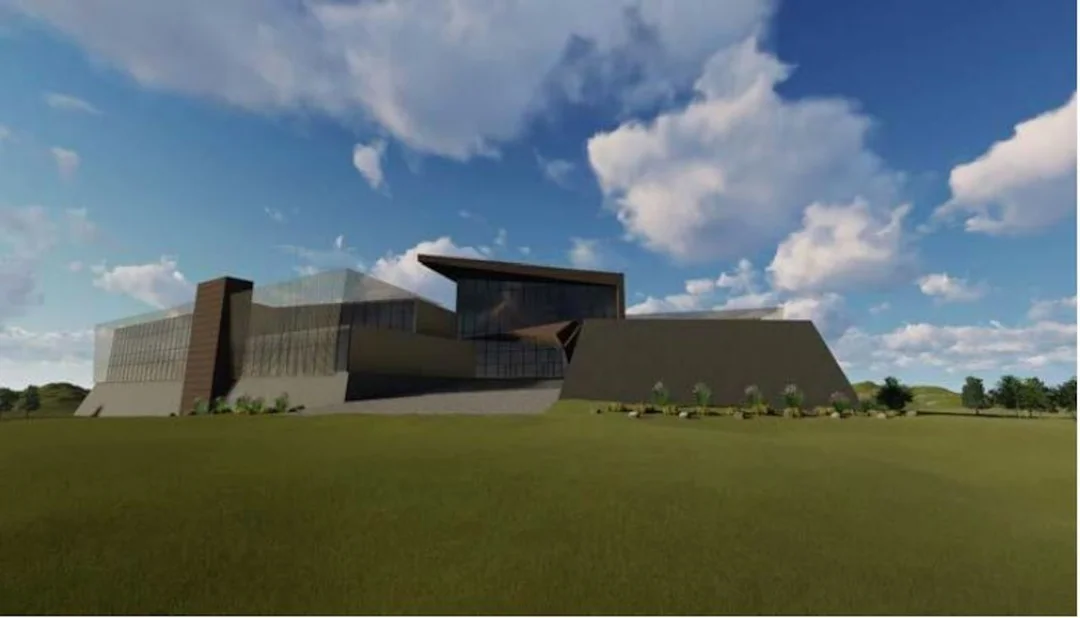
Space Command HQ Location Battle Intensifies: Alabama vs. Colorado Clash Heats Up
The battle over the permanent location of the U.S. Space Command Headquarters is escalating, with lawmakers from Alabama and Colorado fiercely vying for the coveted designation. This tug-of-war has persisted for years, even surviving a change in presidential administrations, highlighting the significant economic and strategic interests at stake.
At the heart of the debate lies a conflict between cost savings and operational readiness. While the Air Force favors relocating the HQ to Redstone Arsenal in Huntsville, Alabama, citing potential savings of hundreds of millions of dollars, Space Command leadership argues that remaining at the current location in Colorado Springs, Colorado, ensures stability and minimizes disruption to critical operations.
Key Players and Their Positions
The debate is fueled by passionate arguments from key figures on both sides:
- Alabama Lawmakers: Led by Rep. Mike Rogers, Chairman of the House Armed Services Committee, they assert that Huntsville won fair and square and that the move would save taxpayer money and consolidate operations, bringing at least 1,600 new jobs.
- Colorado Lawmakers: Rep. Jeff Crank and others argue that Colorado Springs is the logical choice due to existing infrastructure, security advantages (nestled in Cheyenne Mountain, "one of the most secure facilities"), and its proximity to Northern Command, crucial for seamless coordination with the Golden Dome missile defense project.
The GAO Report: A Mixed Bag
A recent report by the Government Accountability Office (GAO) adds further complexity to the situation. While acknowledging the Air Force's claim of cost savings, the GAO found that the analysis supporting this claim was not entirely reliable, assigning it a confidence level of only 5%. The report also highlights ongoing challenges with staffing at the current Colorado Springs location due to uncertainty surrounding the final location.
The report states that Space Command's "current command posture is not sustainable long-term" due to struggles with staffing and delays in construction. Rep. Rogers included a provision in the 2024 National Defense Authorization Act that halted money on Space Command’s headquarters pending this review, further complicating the issue.
The Cost vs. Readiness Dilemma
The fundamental disagreement boils down to a question of priorities: Should the decision be driven primarily by cost considerations, as the Air Force suggests, or by the need to maintain operational readiness and minimize disruption, as Space Command argues?
According to the GAO report, the Air Force assigned a consultant to study the process; however, there was insufficient documentation discovered on how they arrived at the $426 million in estimated cost savings by moving the command to Redstone.
Political Intrigue and Future Decisions
The debate has taken on a political dimension, with accusations of political interference influencing the decision-making process. Former President Biden’s decision to keep the base in Colorado is seen by some as politically motivated, while others argue that moving the HQ would disrupt established capabilities and partnerships. With a potential change in administration on the horizon, the future of Space Command's location remains uncertain.
As the debate rages on, the ultimate decision will have significant implications for national security, economic development, and the future of space operations. The new Air Force Secretary, Troy Meink, faces the pressure of weighing competing interests and making a recommendation that balances cost, readiness, and strategic considerations.
What is the best way forward? Should cost savings take precedence over operational readiness, or should other factors be considered? Share your thoughts in the comments below.